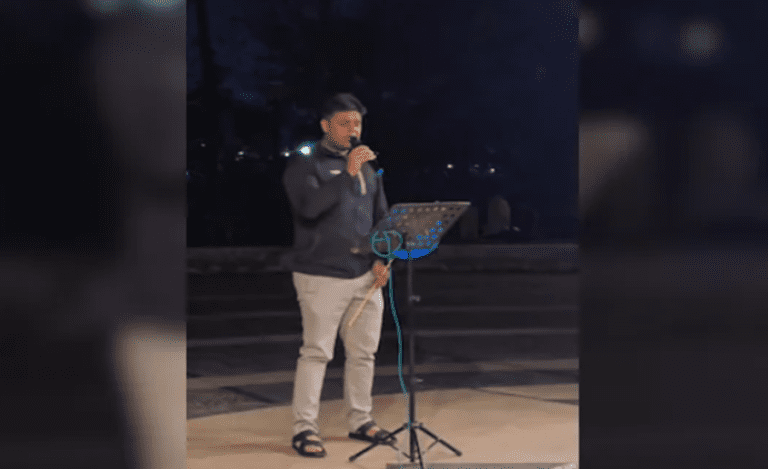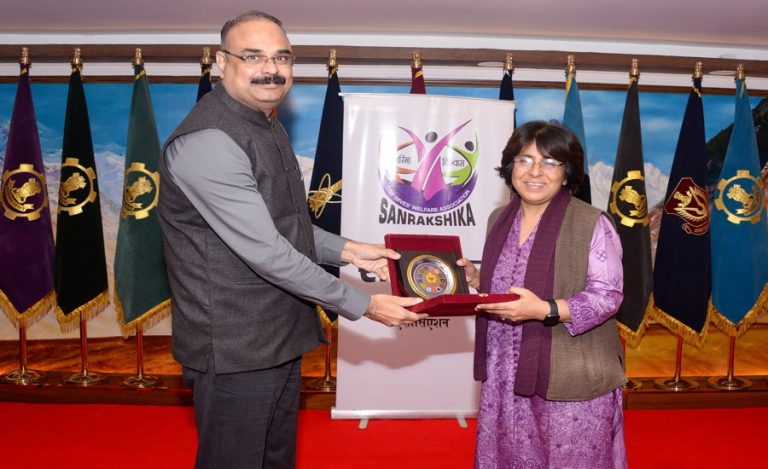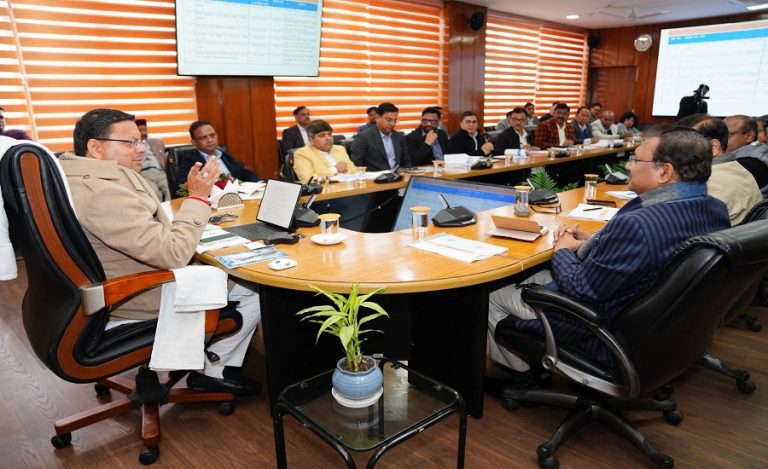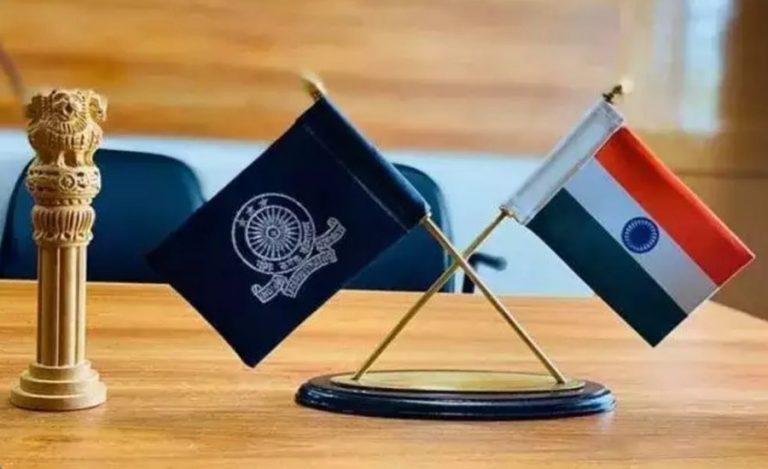Following the Government of India’s official statement confirming targeted strikes on terror camps in Pakistan on May 7, 2025, a wave of heightened nationalism and public anger has swept across social media platforms. While this sentiment may reflect popular emotion, it has also led to a growing concern: the circulation of fake and misleading content online.
In the aftermath of Operation Sindoor, numerous false and doctored videos claiming to show the strikes have gone viral. Several social media accounts, particularly from Pakistan, have been found impersonating senior Indian officials and bureaucrats to spread disinformation. One such attempt at soft influence featured a man posing as an Indian Army officer, falsely claiming that Indian forces were unprepared for war—later revealed to be a propaganda effort by a Pakistani national.
Alt News fact-checker Mohammad Zubair has flagged several social media handles, both Indian and Pakistani that have falsely shared videos of aircraft of one or the other country being shot down.
Beware of this video shared by a Pakistani propaganda handle @War_Analysts. The man in the video claiming to be a 'Senior Adhikari' in Indian Army is blaming the Indian Army by claiming that #PahalgamTerroristAttack is an Inside job and not a terrorist attack. BTW, The 'Senior… pic.twitter.com/dIgiMqwer7
— Mohammed Zubair (@zoo_bear) April 24, 2025
On X (formerly Twitter), both Indian and Pakistani users have shared posts asserting that their adversaries are intimidated and not ready for conflict. These narratives, often unsupported by facts, are part of a larger pattern of psychological warfare aimed at shaping public opinion.
Misleading videos allegedly showing India’s strike on Pakistan have been widely circulated but later identified as footage from unrelated conflicts, such as Israel’s operations in Gaza or older Indo-Pak confrontations. Such posts only add to public confusion and fuel hyper-nationalistic fervor on both sides of the border.
Images from Gaza shared as strike on Sialkot in Pakistan. Images are 4 years old. https://t.co/sI6JyZhGJW pic.twitter.com/SD8a2quToR
— Pratik Sinha (@free_thinker) May 7, 2025
One particularly harmful rumor claimed that three Indian Rafale jets were shot down by the Pakistan Air Force—an assertion not backed by any official sources. In such times of heightened tension, only verified information from the Government of India should be trusted.
3295
— D-Intent Data (@dintentdata) May 7, 2025
ANALYSIS: Misleading
FACT: A video showing a nighttime scene of a fighter jet burning in a field, surrounded by people, is being shared with the claim that an unidentified aircraft recently crashed in Bathinda, Punjab, amid ongoing tensions between India and Pakistan.(1/3) pic.twitter.com/dBoo37w6Yx
In addition, false claims regarding casualties have been making the rounds. The Ministry of External Affairs (MEA) confirmed that Pakistan’s ceasefire violations along the Line of Control (LoC) in Jammu and Kashmir have resulted in the deaths of 13 civilians in the Poonch sector and injuries to 59 others, including 44 from Poonch alone.
Tragically, one Indian Army soldier also lost his life due to heavy cross-border shelling by Pakistani forces in Poonch on Wednesday.
As misinformation continues to spread, it is vital for citizens to remain calm, avoid amplifying unverified content, and rely only on official sources for updates. In times of escalation, responsible consumption and sharing of information can help curb panic and prevent the further inflaming of tensions.
In the coming days your social media will be flooded with #Pakistan sponsored propaganda.
— PIB India (@PIB_India) May 8, 2025
It's crucial to scrutinize every piece of information carefully.
If you encounter dubious content, especially concerning the Indian Armed Forces or any info related to ongoing situation,… pic.twitter.com/0Z2izsLzOl































